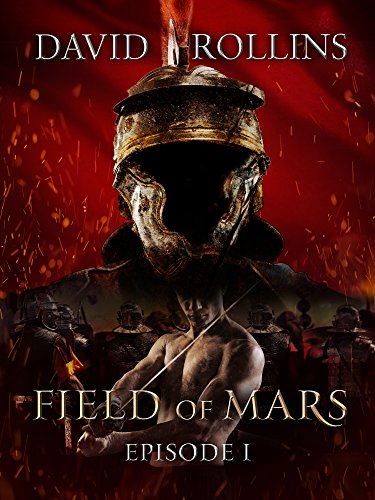Field of Mars
In a western Chinese province, among the dark-eyed, black-haired residents, you can today find blondes, redheads and brunettes with blue or green eyes. They live in this remote spot with little thought about what brought their ancestors to China centuries ago. Field of Mars tells how this might have happened.
In 53 B.C., Marcus Licinius Crassus, the wealthiest of the Roman triumvirate with Julius Caesar and Pompey, has grown envious of the riches and honors heaped on the other two for their military victories. Desirous of a conquest to equal theirs, he marches a great army of forty thousand legionaries to Syria to attack the Parthian kingdom with which Rome has a peace treaty.
Rufinius, a battle hardened young legionary, watches the mistakes made by Crassus. He earns a promotion to centurion when the Parthians’ elusive cavalry and archers slip in to pick off Roman soldiers. The author thoroughly describes the strengths and weaknesses of each army and their condition when they went to battle that day in May, 53 B.C. Arrogant Crassus makes one fateful decision after another, leading to the deaths of at least twenty thousand Romans, including himself and his son, and the captivity of another ten thousand men who were never seen or heard of again.
The second half of the story tells of the victors leading Rufinius and his men into captivity. Our hero becomes the leader of the captives sold as slaves to a distant land. Their harrowing journey, and Rufinius’ attraction to a captive woman take up the rest of the novel.
The author’s research into Roman military history, and imagining of the battle and what might have happened produced an exciting novel that provides a satisfying explanation for one of history’s unsolved mysteries.
Contains graphic sex; violence.
e-edition reviewed










